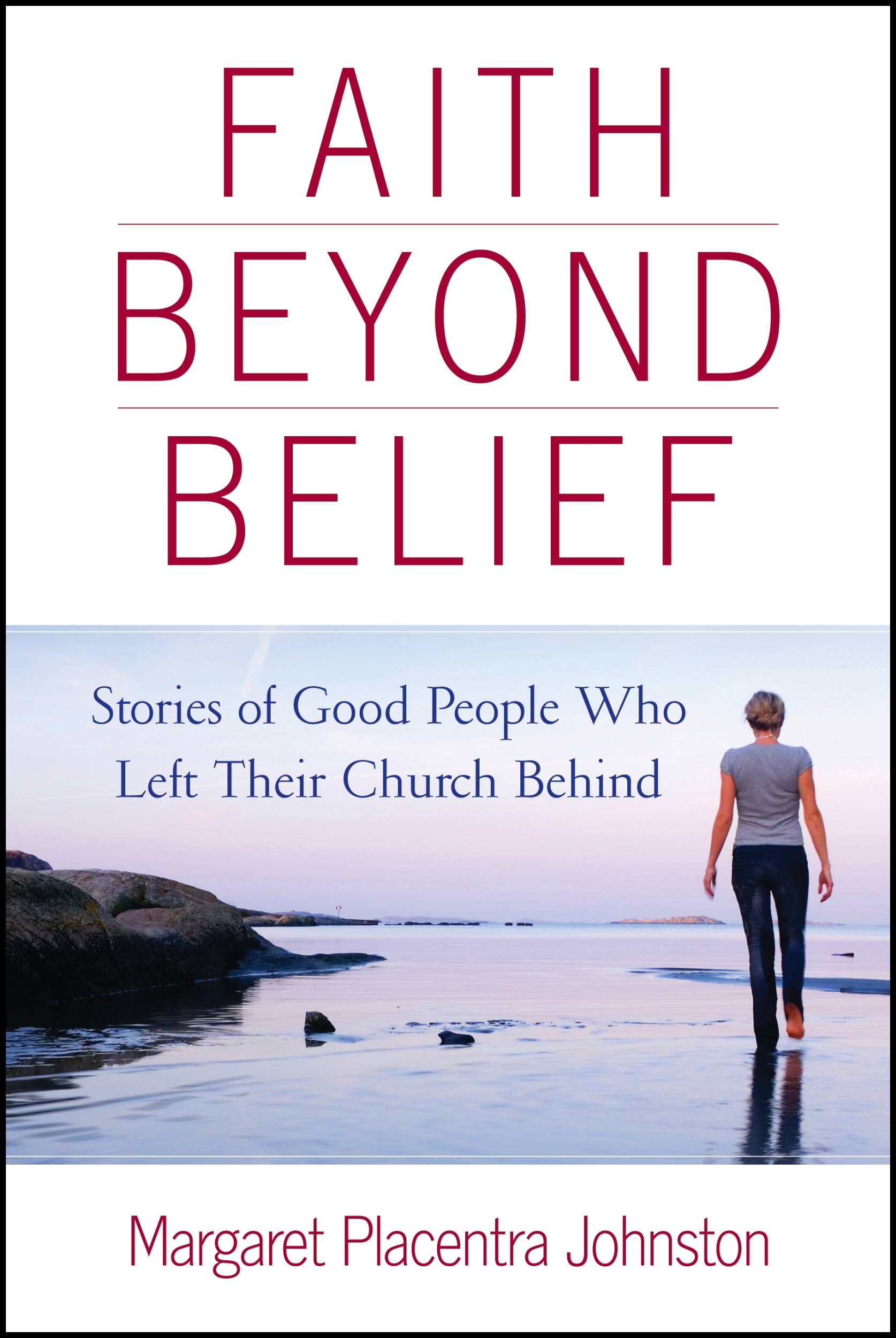Have you ever wondered what part human reasoning might play in religious belief and/or spiritual growth and  maturity? It turns out a Swiss researcher in cognitive and religious development has studied this in depth. K. Helmut Reich, holding doctoral degrees in Electrical Engineering, Physics, and Theology, has determined that human reasoning skills continue to develop throughout adulthood, and that different people reach a higher final reasoning level than others. He has gone so far as to correlate this finding with the issue of religious belief.
maturity? It turns out a Swiss researcher in cognitive and religious development has studied this in depth. K. Helmut Reich, holding doctoral degrees in Electrical Engineering, Physics, and Theology, has determined that human reasoning skills continue to develop throughout adulthood, and that different people reach a higher final reasoning level than others. He has gone so far as to correlate this finding with the issue of religious belief.
Reich’s research shows that at the most basic reasoning level, people can only understand an either/or dichotomy. If one given thing is true, then no other competing concept could possibly have validity. Reich compared this simple black versus white, either/or mentality to the binary logic on which computers of the simplest form are based. Computers use a system of “1’s” and “0’s” to express any number, no matter how high. In binary logic, the system in question is either “on” or “off,” “yes” or “no.” An “either/or” dichotomy is considered to sum up the entire situation. There are no other possibilities
We all know people who approach religious belief this way. “If my religion is factually correct in every sense, then no other religion—or any other viewpoint—could possibly have any validity.” This type of absolute certainty provides needed comfort and stability in the life of those who hold it. Such people often display a certain triumphalism or sense of superiority over others because of their “correct” religious beliefs.
While apparently very useful in designing and running computers, binary logic is not an adequate way to determine life’s most basic questions. You cannot use binary logic in choosing a spouse; you cannot use it to choose a career, or even which car to buy. Such matters always contain far more than two variables. For decisions with more than two variables, we need to employ some of Reich’s “higher” levels of reasoning. Similarly, binary logic is not a valid form of reasoning when deciding such complex and entangled concepts as the nature of our being or the existence of God. Binary logic says “If God created the world in seven days, like it says in the Bible, then the theory of evolution cannot be true” and “If my God is right, the God of all other religions must be wrong.” But Reich’s levels of reasoning tell us we must move beyond such simple logic in deciding questions like these.
Our reasoning powers develop in accordance with our growth opportunities, and those whose reasoning is further developed can resolve cognitive conflict better than those whose reasoning is less mature. That means they can tolerate more uncertainty, do not need answers to be as black and white, as cut and dried; they do not see concepts as simply being either “true” or “untrue.” Reich’s research uncovered four reasoning levels above simple binary logic. Each level describes a more complex and more advanced form of reasoning, an ever-broadening, more complete and more mature perspective.
In Reich’s second level of reasoning, a person can allow that “maybe there is something valid” to each of two competing viewpoints. Maybe this career would be more lucrative, but that other career might provide more personal satisfaction. In religion a person at Reich’s second level may be able to admit that some other religions have good people too. He may be able to see that many religions are centered around similar values, even if the beliefs are different.
At Reich’s third level the person can concede that both viewpoints are needed to account for the phenomenon under study. In religion, a person may be able to see that some other creeds contain important concepts or ideas that are lacking in his own and may use the input of other faiths to complete his understanding.
At Reich’s fourth level a person can explain how two competing concepts are related to each other. A person may be willing to allow that while science and logic are necessary, they may not supply all the answers, that there may be Truths in all religions, that all humans are all separate individuals and yet somehow all connected, that god in whatever form could be both a separate entity and yet still a part of every being at the same time.
The highest level of reasoning, Reich’s fifth level is apparently very rare. Here a person has the ability to recognize multiple, possibly competing perspectives as all having validity and all contributing to a complex, and constantly evolving whole. As it might apply to religion, this level probably represents something too complex to even describe, but it would definitely include allowing that all religions have some validity, that God–whoever or whatever that is—is much more vast than the human-like being described by most of our religions, and that our understanding of God must constantly evolve.
So as you can see, a belief system providing definite black and white answers, as so many of our fundamentalist-type religions do, is based on a limited form of logic, and must necessarily fail to respect the full complexity of reality. To even begin to approach a full understanding, or to move toward a more complete and more mature form of spirituality, we must be willing to stretch beyond the limits of any given religion, and to include more varied contexts in our spiritual comprehension.















